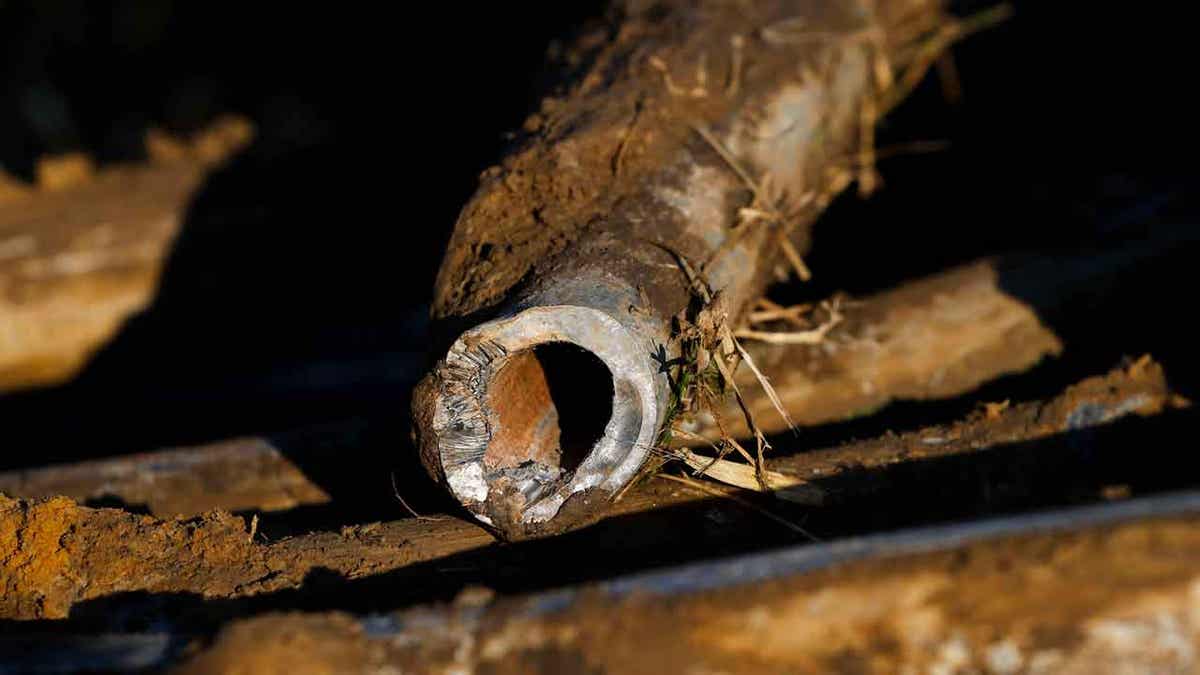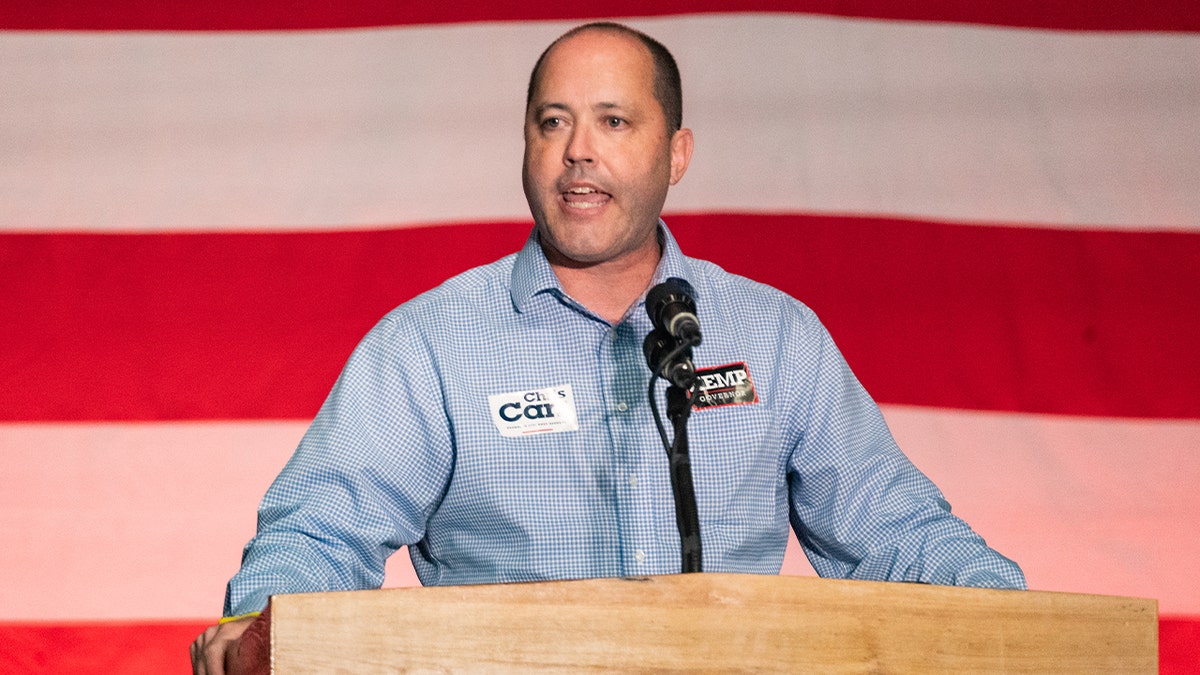Rhode Island lawmakers have taken a significant step towards ensuring clean drinking water for all residents by approving a bill mandating the replacement of lead pipes throughout the state within the next ten years. This comprehensive legislation, having already passed the Senate, received House approval and now awaits Governor Dan McKee's decision.
The bill establishes a replacement program covering both public and private service lines, with the Rhode Island Infrastructure Bank providing financial aid, including no-cost options for homeowners. To boost the state's workforce, the legislation also mandates participation in apprenticeship programs for water suppliers and contractors.
A crucial aspect of the bill involves the creation of a detailed inventory of service lines by October 16, 2024. This inventory will pinpoint the presence or absence of lead in each water connection, enabling targeted replacement efforts. Furthermore, the bill introduces stricter notification and reporting requirements to ensure transparency throughout the identification and replacement process.
Expanding on current regulations, the legislation requires lead risk assessments for all homes built before 2011 during any property transaction, extending the previous requirement that covered only homes built before 1978. This proactive approach aims to minimize potential lead exposure for families.
Senate President Dominick Ruggerio emphasized the importance of the bill, stating that no family should worry about lead contamination in their water supply. He highlighted the legislation's role in accelerating lead pipe replacement and safeguarding the health of Rhode Islanders, particularly children.

The urgency of this issue is underscored by an Environmental Protection Agency (EPA) survey revealing that approximately 9.2 million lead pipes deliver water to homes across the U.S. This data will guide the allocation of billions of dollars from the Bipartisan Infrastructure Law towards replacing these hazardous pipes. Previously, funding distribution was based on general infrastructure needs, without specific consideration for the prevalence of lead pipes.
In addition to the lead pipe replacement bill, the General Assembly has also passed a set of three bills designed to reduce childhood lead exposure by enforcing compliance with existing lead safety regulations for landlords. These bills include the creation of a statewide rental registry for properties built before 1978, allowing tenants to pay rent into escrow accounts until lead hazards are addressed, and enabling families affected by childhood lead poisoning to recover damages from landlords who violate lead safety laws. Attorney General Peter Neronha, a strong advocate for these measures, expressed confidence that these bills will provide the necessary tools to enforce lead safety laws effectively.








